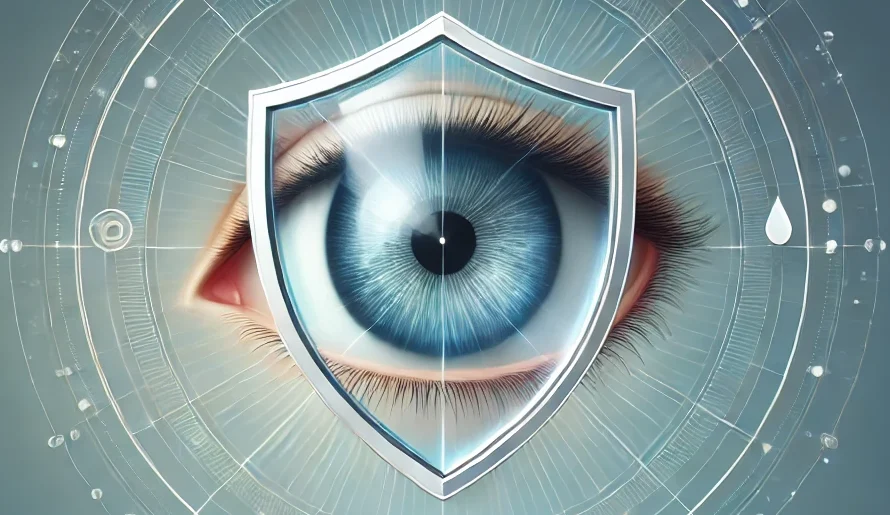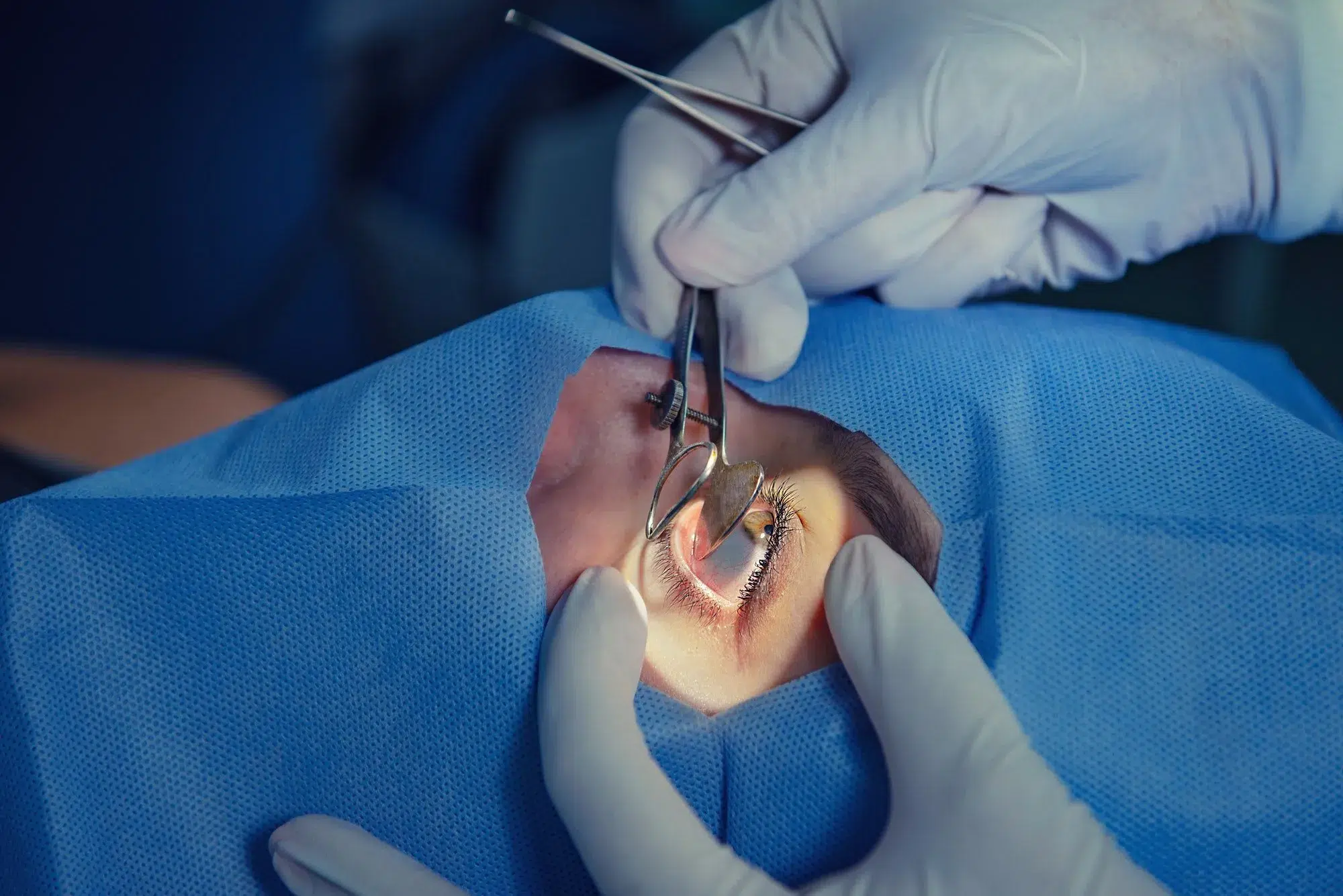10 Warning Signs You Should Not Ignore For Retinal Health

Introduction
Your eyes are not just the window to the world—they’re also silent storytellers of your health. In particular, the retina—the light-sensitive tissue at the back of your eye—is critical for sharp, central vision. Yet many overlook subtle or early signs that hint at potential retinal problems. Ignoring these signs can lead to severe complications like retinal detachment, diabetic retinopathy, macular degeneration, or even permanent vision loss.
In this guide by Dr. Madhava Rao’s Retina Care Abu Dhabi Team, you’ll discover the top warning signs you should never ignore for retinal health. Early detection and timely intervention are the best ways to preserve your vision and overall eye health.
Why Is Retinal Health So Important?
The retina acts like the film in a camera—it captures light and sends signals to your brain to produce vision. When damaged, your retina cannot regenerate on its own, making any neglect potentially irreversible. Issues like diabetic retinopathy, retinal vein occlusion, or macular degeneration develop slowly, often showing symptoms only in the advanced stages.
This is why noticing changes—no matter how minor—can make a massive difference.
Top Warning Signs of Retinal Problems You Should Never Ignore
1. Sudden or Gradual Blurred Vision
Blurred vision is more than just a sign of needing new glasses. It could signal:
- Retinal vein occlusion (blocked retinal veins)
- Early diabetic retinopathy
- Age-related macular degeneration (AMD)
If your vision becomes unclear, especially in one eye, it warrants immediate medical evaluation.
2. Flashes of Light or Sudden Bursts
Seeing flashes of light—especially in peripheral vision—can indicate posterior vitreous detachment or even impending retinal detachment. If ignored, this can lead to total vision loss.
3. Persistent or New Floaters
While occasional floaters are common, a sudden surge in their number—especially accompanied by flashes—could suggest:
- Vitreous hemorrhage
- Retinal tears
- Early retinal detachment
Don’t delay; contact a retina specialist immediately.
4. Dark Curtain or Shadow Over Your Vision
Feeling like a curtain is falling across your sight is a hallmark sign of retinal detachment—an emergency that needs immediate surgical intervention to prevent permanent blindness.
5. Loss of Peripheral (Side) Vision
Also called tunnel vision, this could be linked to:
- Retinal detachment
- Advanced Glaucoma
- Retinal artery occlusion
Peripheral vision loss can creep up slowly—making regular eye exams essential.
6. Colors Appear Faded or Muted
When vibrant colors suddenly look dull, it may be an early symptom of:
- Macular degeneration
- Optic nerve disease
This subtle sign often goes unnoticed but may indicate serious retinal dysfunction.
7. Difficulty Adjusting to Darkness
If your eyes struggle to adapt when moving from bright to dim spaces, this can signal:
- Retinitis pigmentosa
- Macular degeneration
Persistent problems with night vision deserve professional attention.
8. Distorted or Wavy Vision
Known medically as metamorphopsia, straight lines may look bent, wavy, or distorted. This is commonly seen in:
- Macular degeneration
- Macular holes
- Epiretinal membrane
The earlier these are treated, the better the visual prognosis.
9. Frequent Changes in Eyeglass Prescription
If you need new glasses more often than usual, the culprit could be unstable vision from:
- Diabetic retinopathy
- Swelling in the macula (macular edema)
Unexplained changes in prescription require a thorough retinal evaluation.
10. Double Vision or Seeing Halos
Unexplained double vision or halos around lights can indicate retinal swelling or fluid buildup. Especially concerning for those with diabetes or high blood pressure.
When Should You See a Retina Specialist?
Visit a retina specialist like Dr. Madhava Rao immediately if you experience:
- Any of the symptoms listed above
- A recent eye injury or trauma
- Vision changes after cataract surgery
- Sudden vision loss—even if temporary
Early detection ensures timely treatment, preventing irreversible damage.
Retinal Diseases Linked to These Symptoms
- Diabetic Retinopathy: Common in diabetics; needs regular retinal screening.
- Age-Related Macular Degeneration (AMD): Typically affects those over 50.
- Retinal Vein Occlusion: Often caused by hypertension.
- Retinal Detachment: Requires emergency surgery.
How to Protect Your Retina
- Schedule yearly eye exams, especially if diabetic or over 40.
- Manage chronic diseases like diabetes and hypertension.
- Protect eyes from UV rays with sunglasses.
- Eat a retina-friendly diet rich in leafy greens, fish, and antioxidants.
- Avoid smoking—a major risk factor for macular degeneration.
Conclusion
Your retinal health is your lifelong investment. Warning signs like blurred vision, sudden flashes, or vision loss must never be ignored. With early action and expert care—like that provided at Retina Care Abu Dhabi under Dr. Madhava Rao’s guidance—most retinal conditions are treatable.
Don’t wait until it’s too late. Prioritize your sight today.
FAQs
Q1. What are the first signs of retinal problems?
Blurred vision, floaters, or flashes of light are often early indicators.
2. When should I see a retina specialist?
At first sight unusual vision changes like dark spots or peripheral vision loss.
3. Can retinal diseases cause permanent blindness?
Yes, if untreated, retinal diseases like detachment or AMD can cause irreversible blindness.
4. Are floaters in vision dangerous?
Occasional floaters are normal, but a sudden increase may signal retinal tears or detachment.
5. How can I prevent retinal diseases?
Regular eye exams, controlling diabetes/hypertension, and UV protection help maintain retinal health.
6. Is blurry vision always related to retinal problems?
Not always, but sudden or one-sided blurriness may indicate retinal vein occlusion or detachment.
7. Does diabetic retinopathy show symptoms early?
Often no; that’s why yearly retina checks are crucial for diabetics.
Don’t risk your precious vision
Notice any of these symptoms? Don’t risk your precious vision. Book an expert consultation today at Dr. Madhava Rao’s Retina Care Abu Dhabi. Our team provides precise, compassionate care for all retinal disorders.
👉 Schedule Your Appointment Now or call us at +971 55 539 7373







